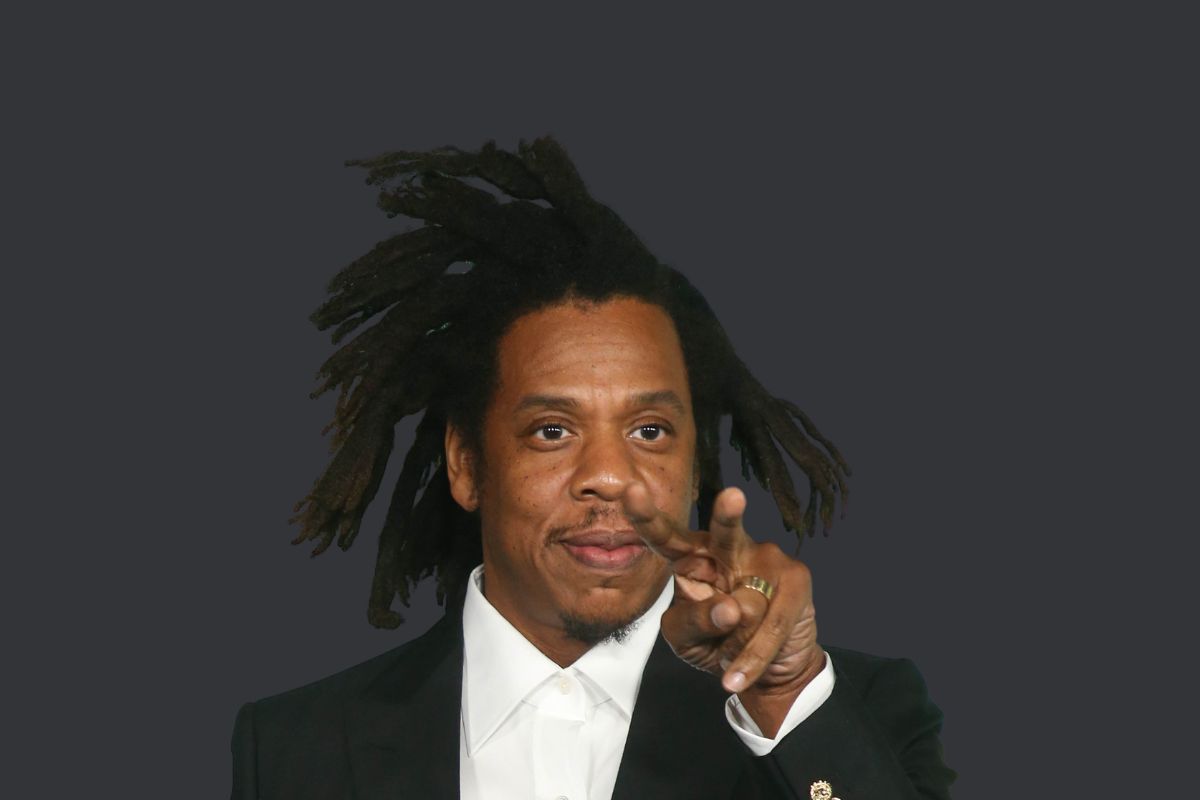EXCLUSIVE: JAY-Z Lays Out Defense Strategy Against Jane Doe After Legal Setback

JAY-Z has laid out his defense strategy as he moves to dismiss a sexual assault lawsuit filed by Jane Doe, who alleges he and Sean “Diddy” Combs attacked her at an after-party for the 2000 MTV Video Music Awards.
The lawsuit claims the woman, who was 13 at the time, was coerced into signing a nondisclosure agreement, drugged, and then assaulted at a residence allegedly outside the city.
JAY-Z has vehemently denied the claims.
“These allegations are so heinous in nature that I implore you to file a criminal complaint, not a civil one!! Whomever would commit such a crime against a minor should be locked away, would you not agree?” JAY-Z said in a statement.
JAY-Z is currently at war with the unknown woman’s lawyer, Tony Buzbee, who has also filed over two dozen lawsuits against Combs. Through his high-powered attorney, Alex Spiro, the rap icon argues the claims are legally invalid on several fronts.
Spiro presented a multi-tiered defense to Judge Analisa Torres, asserting the lawsuit should be dismissed because the allegations don’t align with the Victims of Gender-Motivated Violence Protection Act (GMV Law).
Signed into law in December 2000, the statute was enacted months after the alleged assault in September 2000.
In a pre-motion letter to Torres, Spiro contended that applying the law retroactively “would violate both state and federal due process protections.”
He cites precedents where similar claims have failed under the same legal argument. Additionally, JAY-Z’s legal team hinges part of its argument on jurisdiction.
The GMV Law applies solely to incidents within New York City limits, but the plaintiff describes a venue outside the city—a residence with a gated, U-shaped driveway approximately 20 minutes from Radio City Music Hall, where the awards show took place.
Spiro highlighted this geographic gap, stating public records confirm the property described would not fall under New York City’s jurisdiction.
The defense further contends the case is barred under the state’s Child Victims Act (CVA), which temporarily allowed expired claims of abuse to be filed but closed its revival window in August 2021.
Jane Doe and her lawyer, Tony Buzbee, have attempted to use the more recent GMV Law to revive her case, but Spiro maintains that federal courts have consistently ruled the CVA overrides other statutes like the GMV Law when timelines overlap.
Despite the technical arguments, tensions over courtroom conduct have added fuel to the proceedings.
Last week, Judge Torres admonished Spiro for what she described as overly combative motions and inflammatory filings.
“Carter’s lawyer’s relentless filing of combative motions containing inflammatory language and ad hominem attacks is inappropriate, a waste of judicial resources, and a tactic unlikely to benefit his client,” Torres fumed, declining Spiro’s push to expedite the dismissal process.
“The Court will not fast-track the judicial process merely because counsel demands it.”
Jane Doe, who has asked to remain anonymous, alleges the attack was witnessed by an unnamed female celebrity at the after-party residence.
Judge Torres upheld her request to keep her identity private amid arguments from JAY-Z’s counsel that her name should be disclosed. With these preliminary motions setting the tone, the stage is now set for what could be a protracted legal fight.

